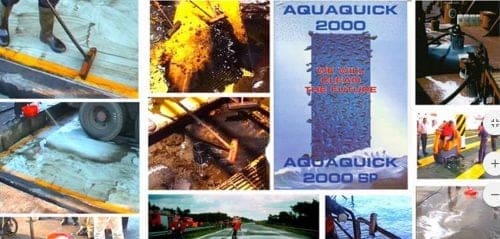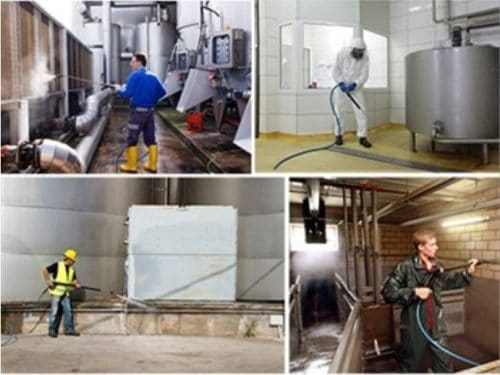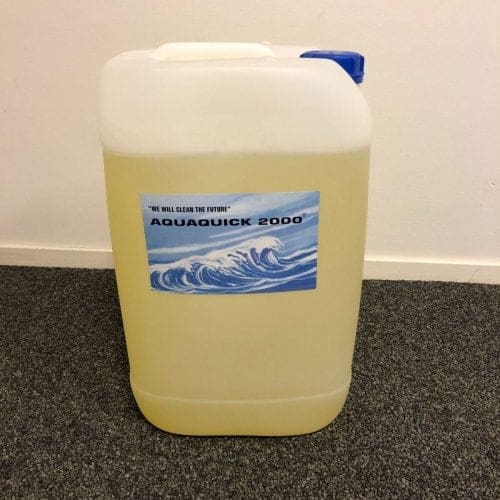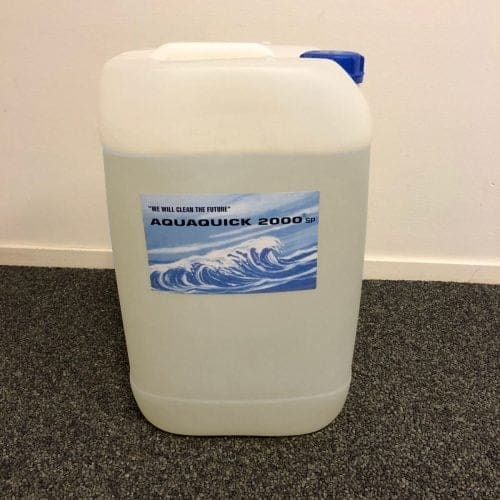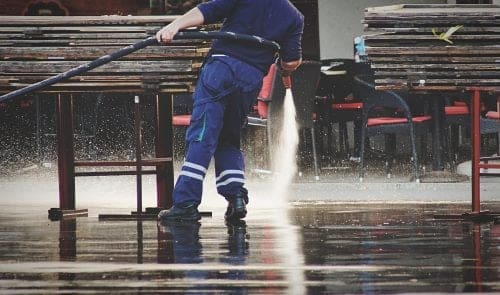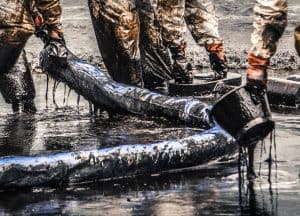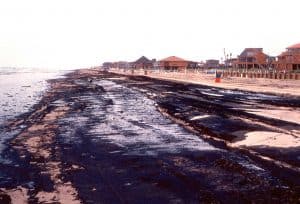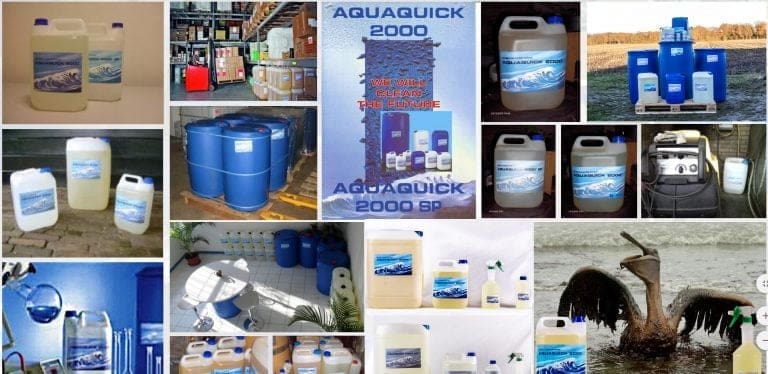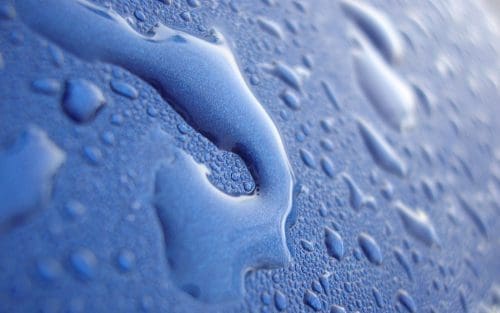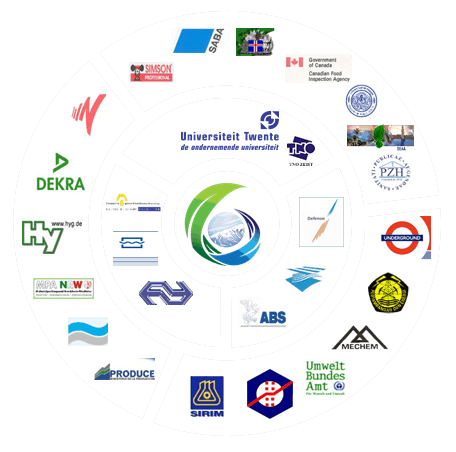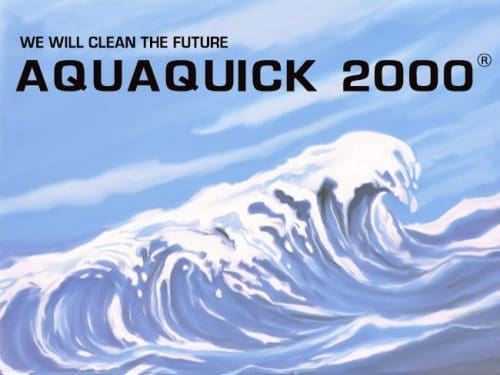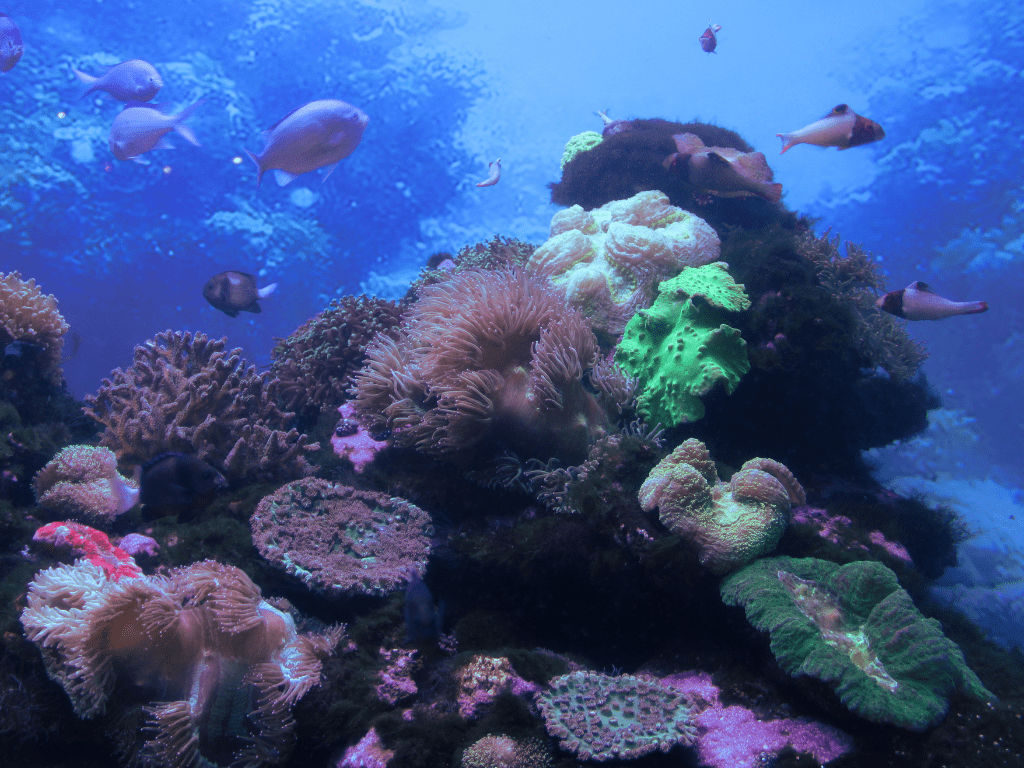Oil spills are one of the most destructive environmental disasters, especially for coastal ecosystems and industries reliant on the sea. The fishing industry, in particular, is highly vulnerable to the consequences of oil spills. The impacts range from immediate contamination of fishing waters to long-term damage to marine species and habitats. In this article, we will explore the various ways in which oil spills affect the fishing industry and the measures being taken to mitigate these impacts.
The Immediate Effects of an Oil Spill on the Fishing Industry
When an oil spill occurs, the immediate effects on the fishing industry can be severe and far-reaching. From contamination of fishing grounds to the disruption of fishing activities, the aftermath of an oil spill can devastate local economies that depend on seafood harvesting.
1. Contamination of Jūrų gyvenimas
One of the most immediate impacts of an oil spill is the contamination of marine life. Fish, shellfish, and other marine organisms can ingest or come into contact with oil, leading to poisoning, suffocation, and in some cases, death. The oil can also coat the feathers of birds and fur of marine mammals, reducing their ability to stay buoyant and regulate body temperature. When these animals die or become unfit for consumption, it leads to a direct loss in the availability of seafood.
Marine species that are part of the food chain can also be affected, leading to disruptions in the overall ecosystem. This creates a ripple effect that can impact the entire fishing industry, especially in regions heavily reliant on specific species of fish or shellfish.
2. Disruption of Fishing Operations
Oil spills can also cause immediate disruptions to fishing operations. In the event of a spill, governments may implement fishing bans in affected areas to protect both marine life and public health. These bans, while necessary for environmental recovery, can result in significant financial losses for local fishermen and the broader fishing industry.
Fishing boats and equipment can also be damaged by oil, requiring costly repairs and maintenance. Furthermore, the need for cleanup efforts in contaminated waters can divert resources from regular fishing operations, further exacerbating financial difficulties for the industry.
Long-Term Impacts on the Fishing Industry
While the immediate effects of an oil spill are often devastating, the long-term consequences can be even more harmful. The recovery process from an oil spill can take years, and the fishing industry may continue to suffer even after the oil has been cleared.
1. Decline in Fish Populations
Oil spills can have long-lasting effects on fish populations. Exposure to oil can cause reproductive problems in marine species, leading to a decline in fish populations over time. For example, oil contamination can affect the development of fish eggs and larvae, leading to lower survival rates. This can result in a decrease in the availability of certain fish species, which directly affects the fishing industry.
Additionally, oil can also alter the feeding habits and migratory patterns of fish, leading them to avoid contaminated areas. This makes it more difficult for fishermen to catch certain species, further reducing their catch and income.
2. Economic Losses for Fishermen
The economic impact of oil spills on the fishing industry can be severe and long-lasting. In addition to the immediate costs associated with cleanup efforts, fishing communities can experience significant financial losses. When fishing grounds are contaminated, fishermen may be forced to abandon their usual locations and find new areas to fish. However, this is often not a feasible option, especially if the spill affects a large portion of a country’s fishing grounds.
The decrease in fish populations can lead to a scarcity of seafood, driving up prices and further disrupting the industry. Additionally, the loss of income for local fishermen can have a ripple effect on other industries reliant on fishing, such as processing plants, seafood markets, and restaurants.
3. Public Health Concerns
Oil spills also pose significant risks to public health. Contaminated seafood can carry harmful chemicals that are dangerous for human consumption. When people unknowingly consume contaminated fish or shellfish, they risk exposure to toxins such as benzene and polycyclic aromatic hydrocarbons (PAHs), which can cause a range of health problems, including cancer, organ damage, and developmental issues.
For communities that rely heavily on fishing as a source of income, this public health risk can lead to widespread fear and mistrust of local seafood. The fear of contamination can reduce demand for seafood, further impacting the fishing industry and leading to financial strain.
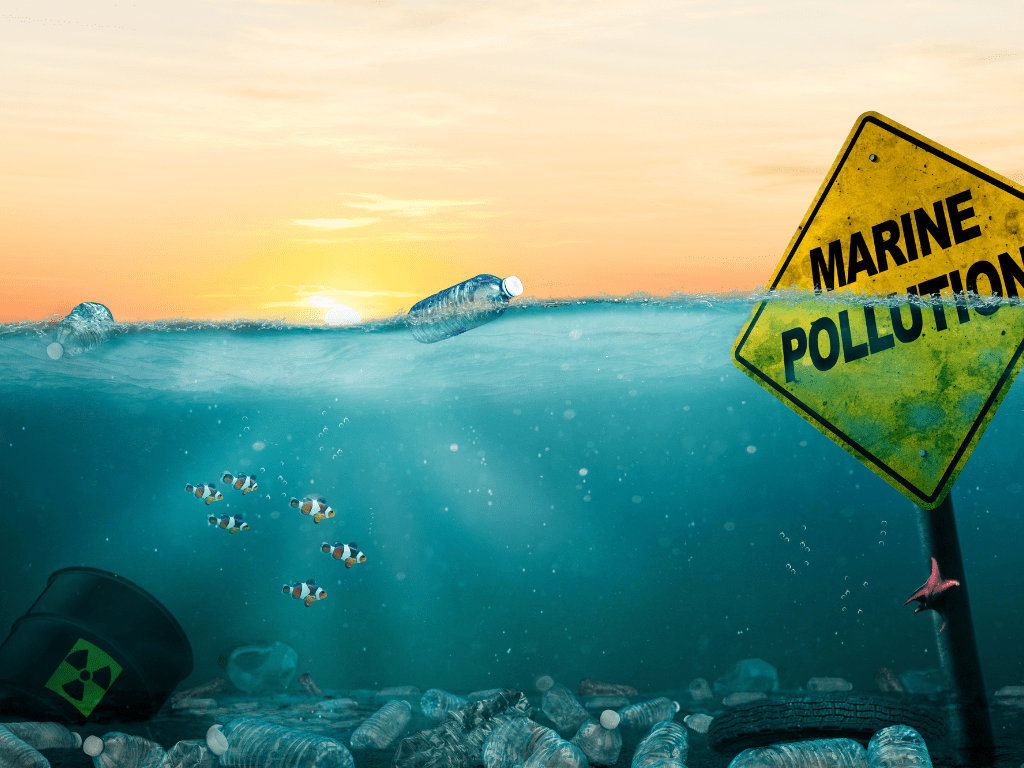
Efforts to Mitigate the Impact of Oil Spills on the Fishing Industry
Given the extensive damage that oil spills can cause to the fishing industry, various measures have been put in place to prevent, respond to, and mitigate the effects of these disasters. From improved spill response techniques to government regulations, these efforts are critical in protecting both the marine environment and the livelihoods of those who depend on fishing.
1. Improved Spill Response and Cleanup Technologies
In recent years, there have been significant advances in oil spill response and cleanup technologies. One such solution is the use of specialized cleaning products like AQUAQUICK 2000, which helps break down oil slicks on water surfaces. AQUAQUICK 2000 is a product designed to rapidly degrade oil, making it easier to clean up and preventing it from sinking or spreading further. By using effective technologies like AQUAQUICK 2000, authorities can reduce the damage caused by spills and speed up the recovery process for affected fishing communities.
Additionally, using booms and skimmers, dispersants, and bioremediation techniques, responders can minimize the spread of oil and its impact on marine life. These technologies help ensure that the spill is contained quickly, reducing the overall harm to fishing areas and marine ecosystems.
2. Government Regulations and Compensation
Governments often implement fishing bans in the immediate aftermath of an oil spill to protect public health and allow marine ecosystems to recover. However, these regulations can have a significant impact on local economies. To mitigate this, many countries offer compensation programs for affected fishermen. These programs help provide financial relief to those who are temporarily unable to fish due to oil contamination.
Furthermore, stricter environmental regulations are being put in place to prevent oil spills from happening in the first place. This includes more rigorous safety standards for oil rigs, pipelines, and ships to ensure that they are less likely to leak oil into the ocean.
3. Environmental Monitoring and Restoration
Post-spill recovery often includes environmental monitoring and restoration efforts to assess the long-term health of marine ecosystems. This monitoring helps scientists track the recovery of fish populations and identify areas that may need further intervention. Restoration programs may involve efforts to replenish fish stocks, rebuild habitats, and restore water quality to ensure that fishing grounds can be productive again.
Išvada
Oil spills can have devastating effects on the fishing industry, from the immediate contamination of fishing waters to the long-term decline in fish populations. The economic impact on local fishing communities can be severe, and the risks to public health cannot be overlooked. However, with improved spill response technologies, stronger regulations, and ongoing environmental restoration efforts, the fishing industry can recover more quickly from the aftermath of oil spills. Products like AQUAQUICK 2000 play a crucial role in this recovery by aiding in the cleanup process and reducing the long-term damage caused by oil pollution.

